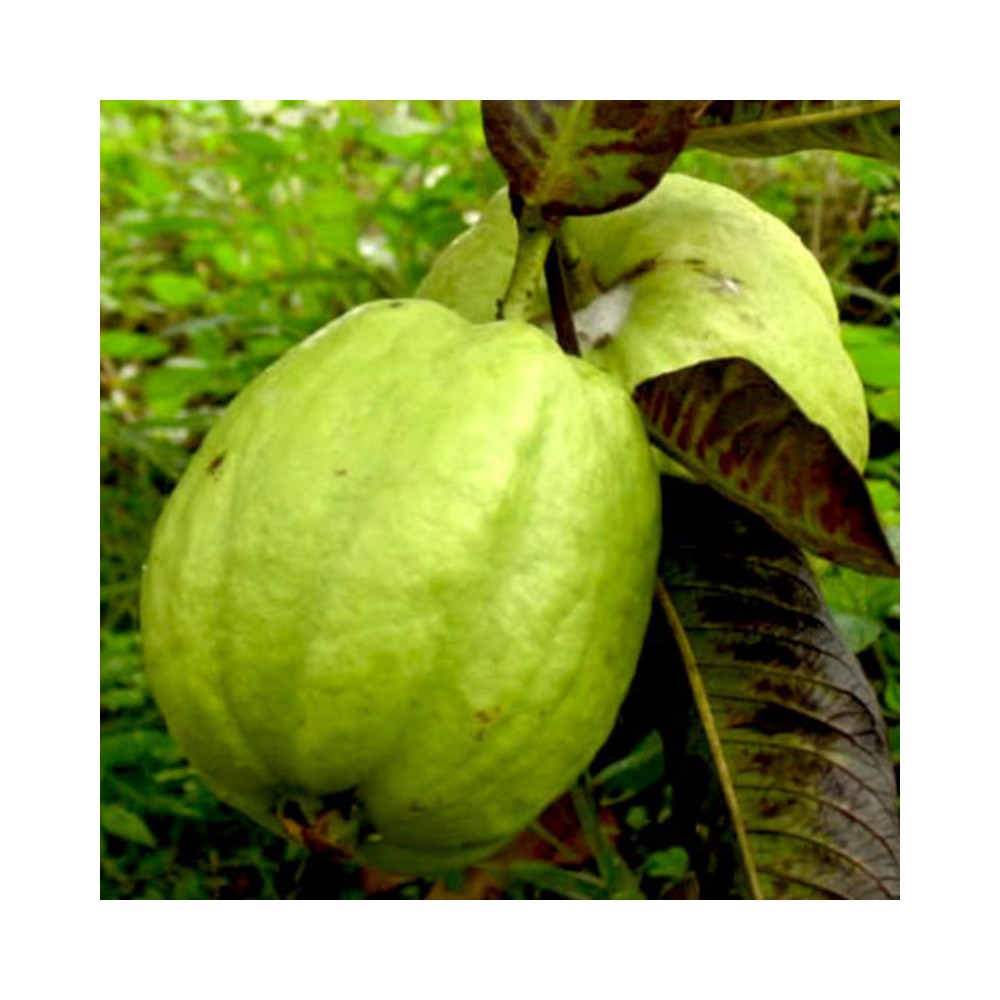



Guava fruit trees (Psidium guajava) are not a common sight in North America and need a decidedly tropical habitat. In the United States, they are found in Hawaii, the Virgin Islands, Florida and a few sheltered areas in California and Texas. The trees are very frost tender and will succumb to a freeze when young, although adult trees may survive short periods of cold. That said, the plants are attractive and produce

Security policy visit http://nurserynature.com/content/10-security-policy

Shipping & Delivery Policy visit http://nurserynature.com/content/1-delivery

Cancellation & Refund Policy visit http://nurserynature.com/content/6-aeu-legal-revocation-terms
Guava fruit trees (Psidium guajava) are not a common sight in North America and need a decidedly tropical habitat. In the United States, they are found in Hawaii, the Virgin Islands, Florida and a few sheltered areas in California and Texas. The trees are very frost tender and will succumb to a freeze when young, although adult trees may survive short periods of cold. That said, the plants are attractive and produce deliciously rich, sweet fruits that are excellent fresh or in desserts. Given enough guava tree information, it is possible to grow these small trees in a greenhouse or sunroom and reap the benefits of their Vitamin C-rich fruits. Guava Plants and Guava Tree Information
Guava Planting & Care
The guava fruit grows on a small tree with a wide, short canopy and a sturdy single to multi-stemmed trunk. The guava tree is an interesting plant with mottled greenish bark and long 3- to 7-inch serrated leaves. Guava trees produce white, 1-inch flowers that yield to small round, oval or pear shaped fruits. These are more accurately berries and have soft flesh, which may be white, pink, yellow or even red and varies in taste from acidic, sour to sweet, and rich depending on variety. The guava plants thrive in any soil with good drainage and full sun for best flowering and fruit production. Guava fruit trees are tropical to sub-tropical and may achieve 20 feet in height. Growing guavas require cold protection and is not suitable outdoors in most zones of the United States. They must have shelter from freezing winds, even in sunny warm climates where occasional icy temperatures occur.
plant
Brilliant stuff, highly recommended.